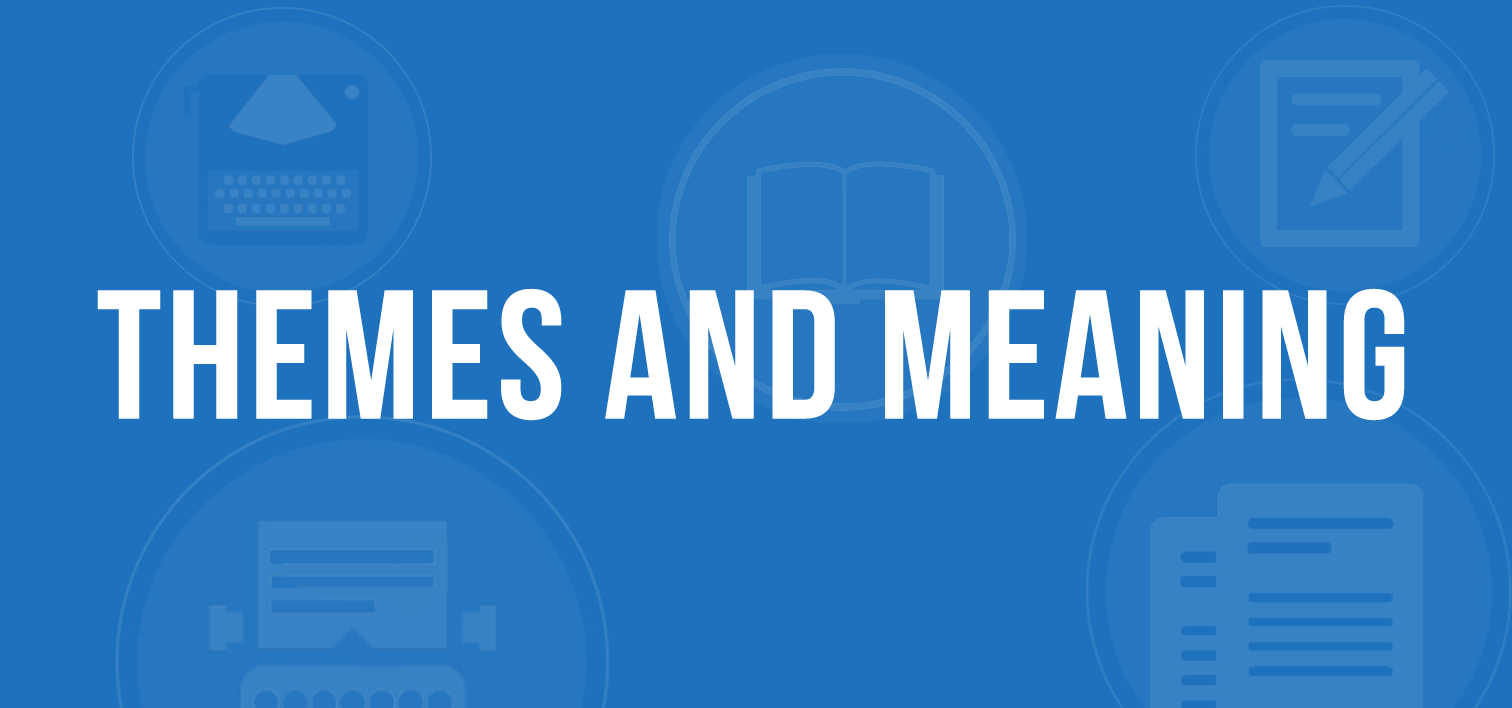Main Themes in Homer’s Iliad
The Iliad is set in the tenth and final year of the Trojan war. It’s the Bronze Age, so around the 13th century B.C. Much of the action takes place on the gruesome battlefield of the Trojan War. The Trojans and Achaeans were deadlocked in a deadly battle that they could hardly remember the cause of at this point, a decade into it. Much of the refusal to end the war ultimately comes down to a matter of pride, a major theme in this epic poem.
There are three motifs that enhance the overall themes of this poem. The motifs of armor and fire reflect the backdrop of war. In this poem, armor is more than simply a protective layer—it has its own heroic essence. When Hector steals Achilles’s armor after Patroclus wears it into battle to scare the Trojans, Achilles then receives replacement armor from the gods themselves. Divine armor makes a man able to withstand assault. Similarly, the motif of fire helps to represent the passions of war. Finally, burial is a significant motif. Burial enhances the thematic idea that human life is fleeting and impermanent as well as the idea that the body’s burial will be critical for the soul’s eternal rest.
The Iliad Themes
What are the major themes in the Iliad?
- The Glory of War Heroes
- Military Victories Values Above Personal Life
- The Fleeting Nature of Human Existence

The Glory of War Heroes
 The view of war in this poem’s story is wrapped up in a sense of pride. The glory that both war heroes and the fallen in battle achieve from having fought in war is significant to the culture of the time. On the other hand, however, if one does not behave admirably in war, he will be rejected. This idea goes all the way to the gods, which helps to enhance the hero archetype. Fighting proves honor—this is the way of the hero.
The view of war in this poem’s story is wrapped up in a sense of pride. The glory that both war heroes and the fallen in battle achieve from having fought in war is significant to the culture of the time. On the other hand, however, if one does not behave admirably in war, he will be rejected. This idea goes all the way to the gods, which helps to enhance the hero archetype. Fighting proves honor—this is the way of the hero.
Avoiding battle, however, is a despicable behavior that will be punished by the gods and man alike. Despite the inherent glory of war that is celebrated in the poem, The Iliad also displays the brutality of war, as well. If anything, this serves to enhance the pride the characters feel having served in war. Because the Trojan war is ultimately seen as regrettable after a decade of fighting, both sides are satisfied knowing that Hector’s death and the return of his body to his father signal the end of the fighting. Despite the reason for the war getting lost over the years, all feel a sense of glory in having fought and then ushered in the close of the war.
Military Victories Values Above Personal Life
Similar to the theme regarding the glory of war heroes, it would be deplorable to avoid war in favor of personal and/or family life. This sad truth can be seen when Hector removes his war helmet in front of his son to avoid scaring him. Hector cannot give up his identity as a soldier because it would not be the heroic way to live life. However, he has sacrificed a lot to achieve this honor. Hector is not the only one who feels this way.
Homer has most of the characters face a choice of either family or war. This can also be noticed when Achilles sends his dear friend Patroclus into battle wearing his armor. When Patroclus is killed, Achilles feels an intense grief and rage. The only acceptable way for him to handle these feelings is to return to battle and end the war by killing Hector. On the other side of things, we have Paris, who has chosen not to fight in the war to be with Helen. He is viewed with great disdain in this text.
The Fleeting Nature of Human Existence
Perhaps one of the most common and tragic thematic elements that often shows up in literature is the exploration of how quickly human life can seem to pass by. It is clear that even the greatest of men who have fought and triumphed in horrific battles cannot escape death. Homer makes mention of many of the characters’ deaths over and over throughout the poem, even Achilles, the story’s main hero, is revealed to be fated to meet an early end, although we don’t see that in The Iliad.
Still, it is important to recognize that mortality is something that follows all humans, no matter what they do. Because of this fleeting existence, it is important to fill one’s life with as much honor as possible and to act in accordance to the hero’s code. If a person cannot live forever, it is likely that their actions and words can have lasting impact—that impact should be one of honor, glory, and heroism.
Contents
